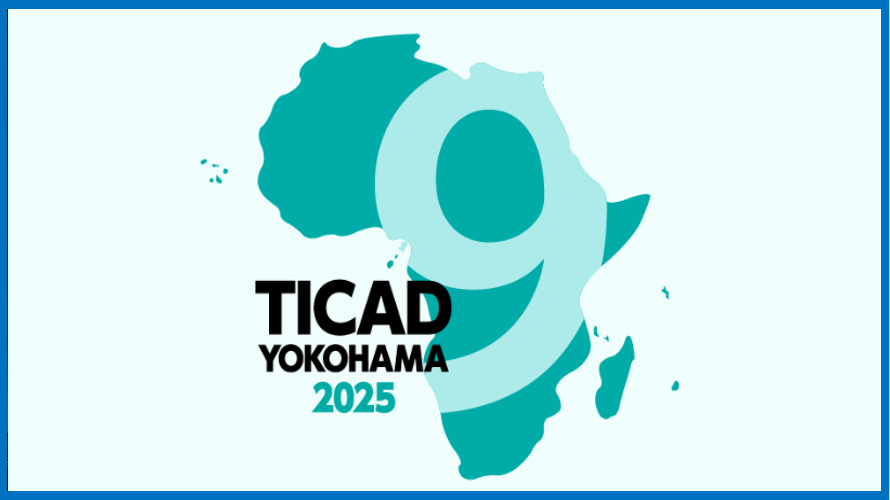TOKYO — Libya marked a pivotal moment in its foreign policy at the 9th Tokyo International Conference on African Development (TICAD 9), signaling its intent to redefine its global role. High-level meetings with Japanese Prime Minister Shigeru Ishiba and Foreign Minister Takeshi Iwaya yielded concrete commitments in education, technical cooperation, and human capital development.
Japan pledged to expand university access for Libyan students, launch technical training programs, and deepen collaboration through the Japan International Cooperation Agency (JICA). Libya’s interim foreign minister, El-Taher El-Baour, and Presidential Council Vice President Abdullah Al-Lafi emphasized the country’s focus on rebuilding its workforce alongside infrastructure.
While Libya’s economy remains oil-dependent—producing 1.4 million barrels per day as of January 2025—its delegation advocated for diversification and reconstruction efforts in cities like Derna and Benghazi. Japanese firms expressed interest in contributing to these projects, combining investment with expertise.
The Tokyo visit complements Libya’s broader diplomatic reengagement, including reopening consulates, resuming international flights, and participating in regional forums. However, ongoing militia violence, underscored by a car bombing in Bani Walid on September 2, highlights the fragility of Libya’s transition.
Despite challenges, Libya’s outreach in Tokyo reflects a strategic bid for legitimacy and partnership, positioning itself as a nation committed to development, cooperation, and democratic renewal.



